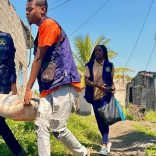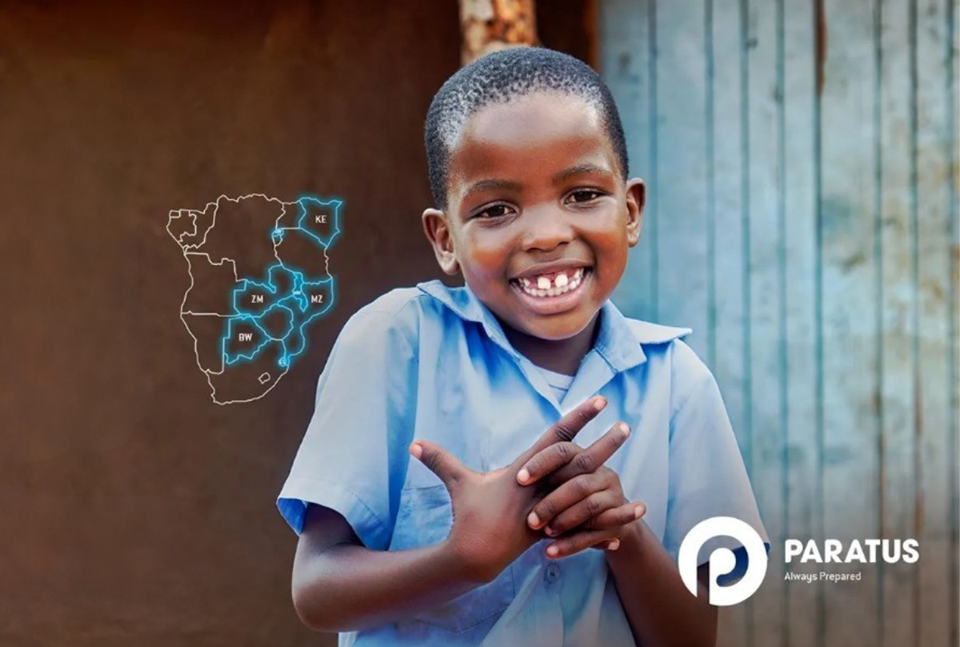Mozambique: "We give victims what they need"
US report on human rights points to arbitrary killings and persecution of civilians in Mozambique – full report here

Image: Voa Portugues
According to a US report, during the past year In Mozambique there has been an increase in extremist violence associated with Islamism, which has “at times” been heavily repressed by the security forces.
Although many people, especially women and children, were eventually released, more than 100 remained in detention without sufficient supporting evidence at year’s end, the report says.
Arbitrary killings and arrests and persecution of civilians by the authorities in response to the rise in extremist violence in Cabo Delgado were among the human rights problems identified in Mozambique by the US State Department during 2018.
According to the annual report of the United States Department of State on global human rights released in Washington on Wednesday, an increase in extremist violence associated with Islamism, which was “at times” repressed heavy-handedly by the security forces, was recorded in Mozambique.
The document also points out that the authorities’ response to these attacks included “arbitrary arrest and detention, harassment of civilians, and closure of mosques”.
The report said that the Mozambican government generally respected the ban on arbitrary arrest and detention of citizens, but noted the existence of “a few exceptions”.
“According to civil society groups, security forces have repeatedly arrested people suspected of Islamist religious beliefs in Cabo Delgado,” the statement said.
Although the intervention of Islamic religious groups with the attorney general having resulted in the eventual release of many of those arrested, particularly women and children, more than 100 persons arrested in connection with counterextremism operations remained in detention without sufficient supporting evidence at year’s end, according to the same groups cited in the report.
The State Department maintains that “the violent attacks against government forces and civilian populations that began in October 2017 continued, threatening to fragment the country’s tradition of religious tolerance and social cohesion”.
The report also cites “numerous reports” on the involvement of security forces, including the Mozambican National Police, in “arbitrary and illegal killings” of citizens.
“The pattern of unidentified PRM officers killing unarmed civilians for minor infractions of law (or sometimes no violation) occurred throughout the country,” the report reads.
The report also indicates that civilian authorities have sometimes failed to maintain effective control over security forces.
The document points to ineffective enforcement of legislation that punishes corruption, pointing to the “frequent” and “unpunished” involvement of members of the public administration and security forces in corrupt practices.
“Corruption, including extortion by police, remained widespread, and impunity remained a serious problem” the statement said, recalling the statement by PRM Commander in Chief Bernardino Rafael that police officers caught in acts of corruption “would face severe and exemplary measures”.
The report also points to other human rights violations during the past year in Mozambique, degrading conditions in jails and places of detention, violence against women, child labour and inappropriate government efforts to investigate and prosecute perpetrators.
- You may read the full report HERE












Leave a Reply
Be the First to Comment!
You must be logged in to post a comment.
You must be logged in to post a comment.